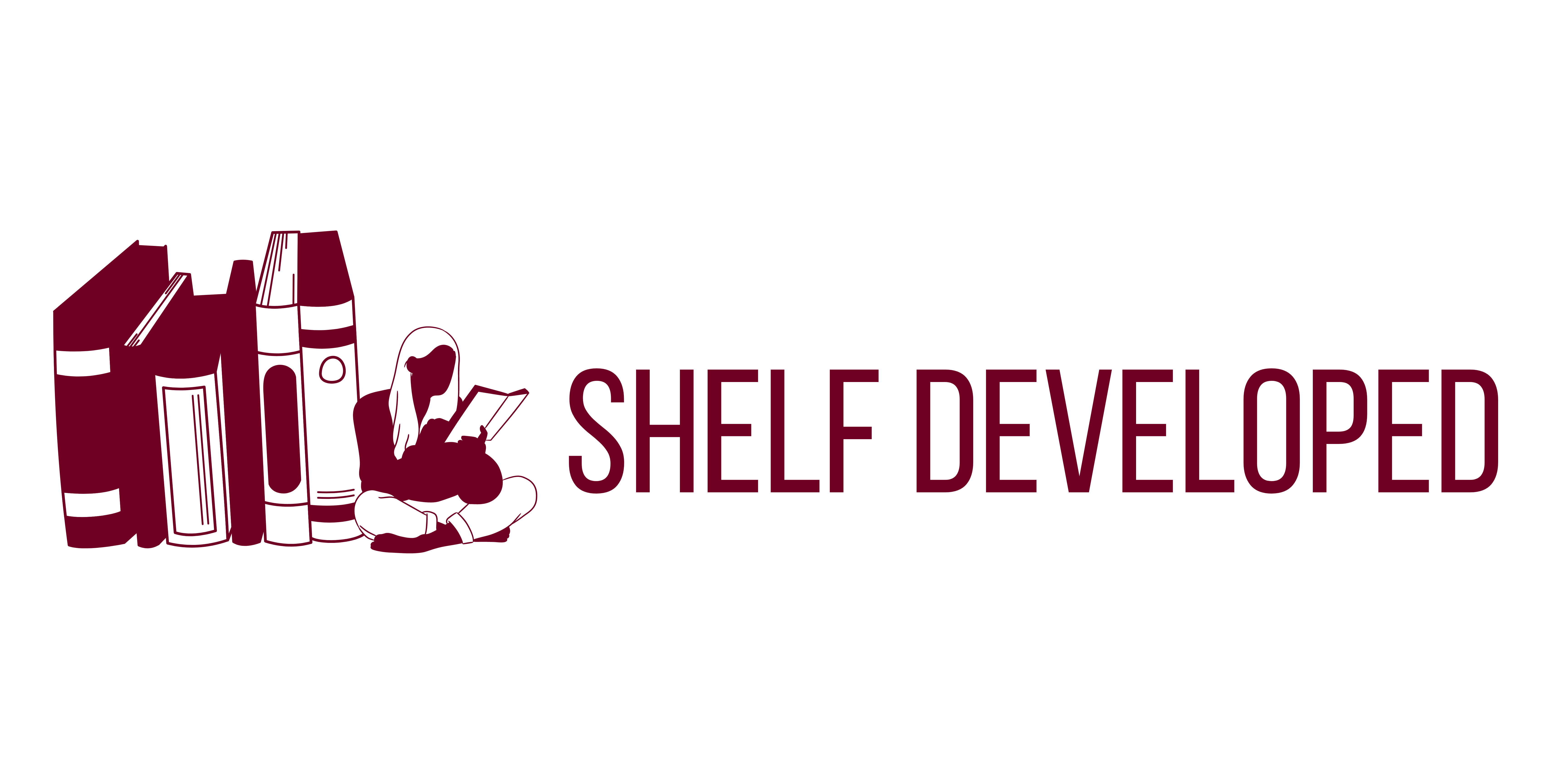Reading enriches us in many ways. We learn new things, relax and unwind, and avoid unwanted social interaction. It can also help you become a better writer. There are two general ways to do that; one is to write a lot. The second way is to read. A lot.
Stephen King puts it simply in his writing memoir, On Writing: “If you don’t have the time to read, you don’t have the time—or the tools—to write.”
He’s right. But why is he right?
The relationship between reading and writing is a perpetual feedback loop. You receive input through reading. You produce output through writing. But the input isn’t just content or material. The act of reading helps you hone the skills necessary for better writing. Let me explain.
First, it heightens your sense of clarity.
Actively reading means you are not letting your eyes merely gloss over words. You are engaging with the meaning conveyed in those words, asking yourself if you understand, whether you agree or disagree, and why. Inquiry indicates interest.
This helps you understand clarity. If you’ve ever felt befuddled after reading a sentence, then the writer has probably failed you. As a reader, your understanding is an appraisal of a writer’s prowess at getting a point across. Reading trains you to detect whether a sentence makes sense—and making sense is always the goal in good writing. Exposure to a variety of texts over time teaches you to focus on what matters. You are less likely to be taken by sentences full of grandiloquent vocabulary and exaggerated tones, that have no real meaning.
I remember when I first started getting really into the Classics. I was obsessed with Austen, Wharton, and Bronte; my writing style made that painfully obvious, and painfully difficult to understand. Imitation is the highest form of regard, as they say. It is also one of the initial stages of learning and developing your voice and style. Back then, my goal wasn’t conveying sense with clarity. My only goal was to sound like authors who weren’t me because I thought that was cool. It’s not.
Second, it develops your critical thinking skills.

Great writers link ideas together masterfully. That’s what makes their stories compelling and immersive.
Reading (well) sharpens your ability to think critically. If you are trying to make sense of something written, then you are prodding its integrity through reason. It’s especially true for nonfiction, and particularly helpful for nonfiction on politics or history. The ability to analyze and question a perspective, opinion, or claim is essential to solid writing; you cannot synthesize and convey information if you do not know what you are trying to say in its essence. Picking ideas apart is a prerequisite to developing and delivering new ones. Proteins are built from amino acids; walls are built from bricks bound by mortar. Sense is built on well-linked arguments and ideas.
Third, it opens you up to new ideas.
What’s it like to live in a dystopia where women need handmaidens as proxies for childbirth? How does viewing privilege from a feminist lens affect your voting decisions? How did Michelle Obama become, well, Michelle Obama?
Reading proffers a plethora of perspectives and ideas. Creating isn’t exclusive to originality. Inspiration is remaking something with your unique value. I heard Austin Kleon, author of Steal Like An Artist, relay this message in a podcast about creativity once.
Sometimes all it takes is to meet one new character or encounter a single question to lead you to your next great idea. You need input. You need source material. A variety of information can lead to various ideas—and that is why people read what others write. Ideas are always in demand.
If I had stayed within the narrow lane of Classics, I would have never encountered other writing styles or voices. Imagine how that would have worked out for my aspirations: a writer living in the 21st century, publishing online, sounding like someone trapped in the 18th century. Woeful would be one way to put it.
Reading isn’t just a hobby. It’s a tool.
Improve your writing through reading. Read more! Read often! Read whenever you can! The key is to make time to read. You do not have to pencil in one hour a day. One of my foolproof ways out of reading slumps is to follow this rule: read just ten pages a day. Make it easy for you to do the bare minimum. You will relieve a lot of pressure, and reading will feel less like a chore.
If you want more tips on how to enjoy reading, check out this post. I also offer advice on how to read for longer periods and build a reading habit.

